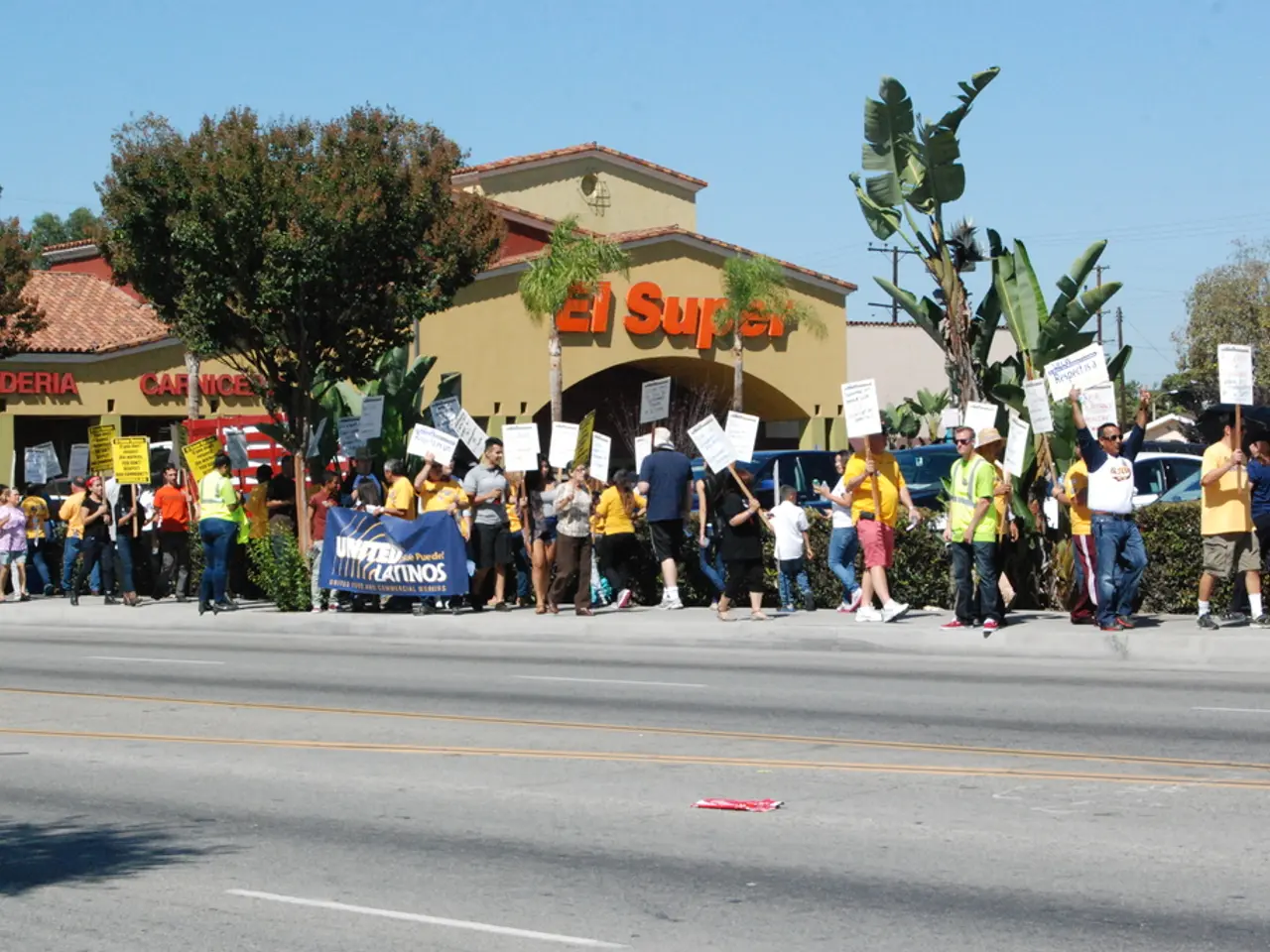Senate Passes Trump's Budget Bill, Exempting Tips from Taxation
The U.S. Senate recently passed the One Big Beautiful Bill Act (OBBBA), a comprehensive piece of legislation that includes several tax provisions affecting the restaurant industry. While the specific details regarding the elimination of taxes on tips and its impact on servers and back-of-house workers are not explicitly mentioned, the Act does include pro-growth tax policies beneficial to restaurant operators.
Key Provisions in the OBBBA Affecting Restaurants --------------------------------------------------
1. **Full Expensing and Capital Investments**: The Act permanently reinstates 100% bonus depreciation for eligible business property, allowing restaurants to fully expense capital investments. This can help them invest in their operations and employees.
2. **Qualified Business Income (QBI) Deduction**: The OBBBA makes the QBI deduction permanent, which can provide significant tax relief to pass-through entities like many restaurants.
3. **No Mention of Tax on Tips**: The search results do not specify the elimination of taxes on tips. However, the National Restaurant Association has expressed appreciation for policies like "No Tax on Tips and Overtime," suggesting that such provisions might be included or beneficial.
Potential Impact on Servers and Back-of-House Workers -----------------------------------------------------
The absence of specific tax on tips and overtime could potentially increase the take-home pay for servers. With more working capital available due to tax benefits, restaurants might invest more in their staff, potentially improving working conditions or benefits for both servers and back-of-house workers.
However, it's important to note that the specific impact on servers and back-of-house workers, particularly regarding the elimination of taxes on tips, is not directly addressed in the available information.
Controversies and Disagreements --------------------------------
The IFA has hailed the bill as "a major milestone for the franchise community." However, labor groups, including One Fair Wage, have come out against the no-taxes-on-tips provision in the Senate bill. One Fair Wage argues that the bill's cuts to Medicaid will disproportionately hurt tipped workers, with 1.2 million restaurant workers at risk of losing their Medicaid coverage under the budget bill.
The Independent Restaurant Coalition (IRC) had pushed for a provision that accommodates service charges in the Senate bill, but it is not included. Erika Polmar, executive director with the IRC, stated that the Senate bill is unfair to back-of-house workers like cooks and dishwashers.
Saru Jayaraman, president of One Fair Wage, stated that the budget bill gives restaurant workers neither a living wage nor access to healthcare. Caroline Glover, IRC member and owner of Annette in Aurora, Colorado, endorsed the childcare provisions, stating that affordable childcare keeps parents in kitchens and dining rooms.
Next Steps ----------
The bill now heads back to the House to reconcile differences between the Senate bill and the one the House approved earlier. House Speaker Mike Johnson has vowed to put the Senate bill up for a vote by July 4. The Congressional Budget Office has estimated that the House-passed bill would cut Medicaid enrollment by 10.5 million by 2034 and increase the number of uninsured by 7.8 million by that year.
The OBBBA includes several provisions that could have a significant impact on restaurants and their employees. The specific details about the elimination of taxes on tips and its impact on servers and back-of-house workers are yet to be fully understood and will likely be a topic of discussion as the bill moves through the reconciliation process.
- In the realm of business finance, the One Big Beautiful Bill Act (OBBBA) proposes beneficial pro-growth tax policies that could positively impact the restaurant industry, such as full expensing and capital investments, and the permanent QBI deduction, each designed to provide tax relief for restaurant operators.
- The political landscape of the restaurant finance sector extends beyond the OBBBA, as other issues like the elimination of taxes on tips and its potential impact on servers and back-of-house workers remain subjects of debate among labor groups and the National Restaurant Association, as well as ongoing controversies surrounding Medicaid cuts and childcare provisions.




